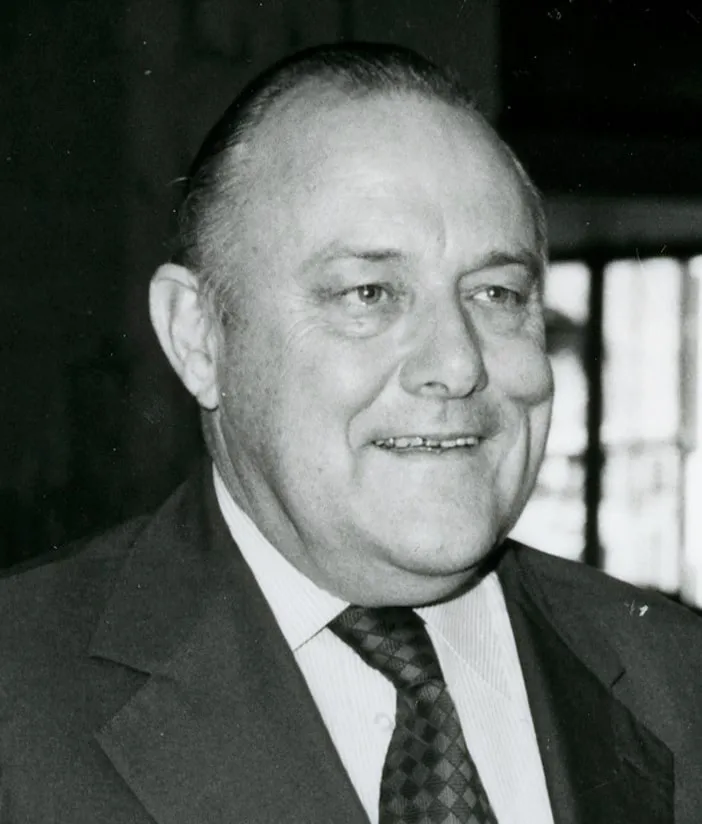Table of Contents
I have been a lifelong admirer of Sir Robert Muldoon (so sue me). I loved watching the television news each night as a boy to see what hilarious one-liner or nasty, richly deserved sledge against socialist opponents he’d dropped that day; was all great fun to observe.
In June 1984, Sir Robert called a snap election claiming he no longer had a majority in parliament. It was an event which ushered in a series of myths that are widely, quite genuinely believed by a large section of the population. Except many of them aren’t actually true.
Myth 1: The inevitability of Lange.
After the 1981 election National and Labour remained neck and neck in opinion polls (basically what the election result had been) until David Lange became Labour leader in February 1983. Then there was a sugar rush which lasted six months, at which point (one presumes) a large chunk of people remembered they weren’t Labour supporters: Muldoon retook the lead in August 1983 and remained ahead until May 1984.
As late as the May 1984 school holidays it would have been a brave man (or Labour party insider believing their own publicity) who placed a $1000 bet on Muldoon losing.
Myth 2: Labour won in a landslide.
The Labour party actually did quite badly in the South Island. There were swings to National in six electorates, basically no swing at all in another seven and the only Labour gain in the South Island was by 500 votes (hardly an overwhelming desire to change the government).
In the North Island, a massive swing from 1981 National voters to the New Zealand Party in Hawkes Bay, East Cape and Wellington tended to exaggerate how well Labour had done. In reality there were very, very few people who switched from National in ’81 to Labour in ’84. The only electorate where Labour scored a genuine swing in their favour was Judy Keall in Glenfield.
Myth 3: Think Big.
The Labour – and ACT – irrational obsession with Think Big projects for the last 45 years has been just… bizarre. Sir Roger Douglas hasn’t been able to get through speaking an entire sentence without saying “think big” since about 1980!
I always look at these projects in two ways (and consequently easily discredit the myth):
- Imagine if they hadn’t happened. Imagine not having had the energy; we’d really be a third-world country by now.
- Imagine how much they would cost to do today (when we woke up and realised we didn’t have the energy).
The $15 billion cost (the figure Douglas claims in his book), plus all the interest, is a bargain compared with what we’d need to undertake Think Big projects in 2022.
So it’s been 38 years since that fateful 14 June 1984 decision: an election gamble that didn’t work out for Sir Robert. Ironically if he’d waited another month all might have been well, as Keith Allen, one of his ministers, died on 21 July. Using that tragic event as a (slightly more plausible) reason to call a snap election and asking the voters to give him a majority may well have succeeded.










